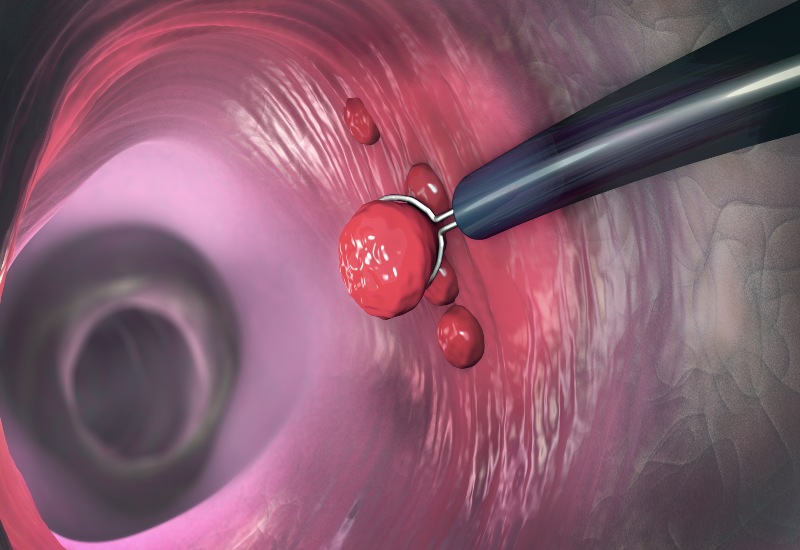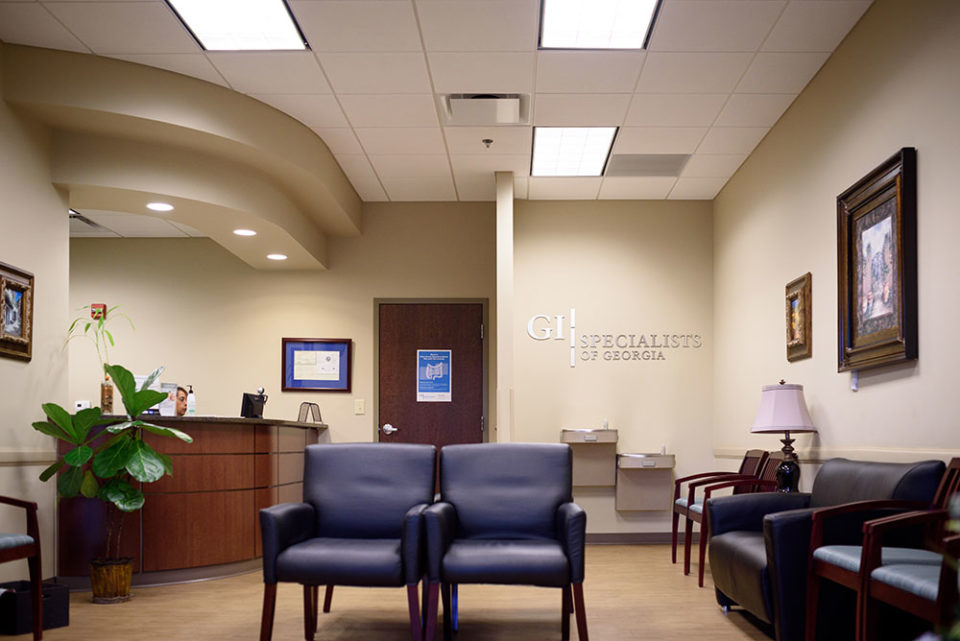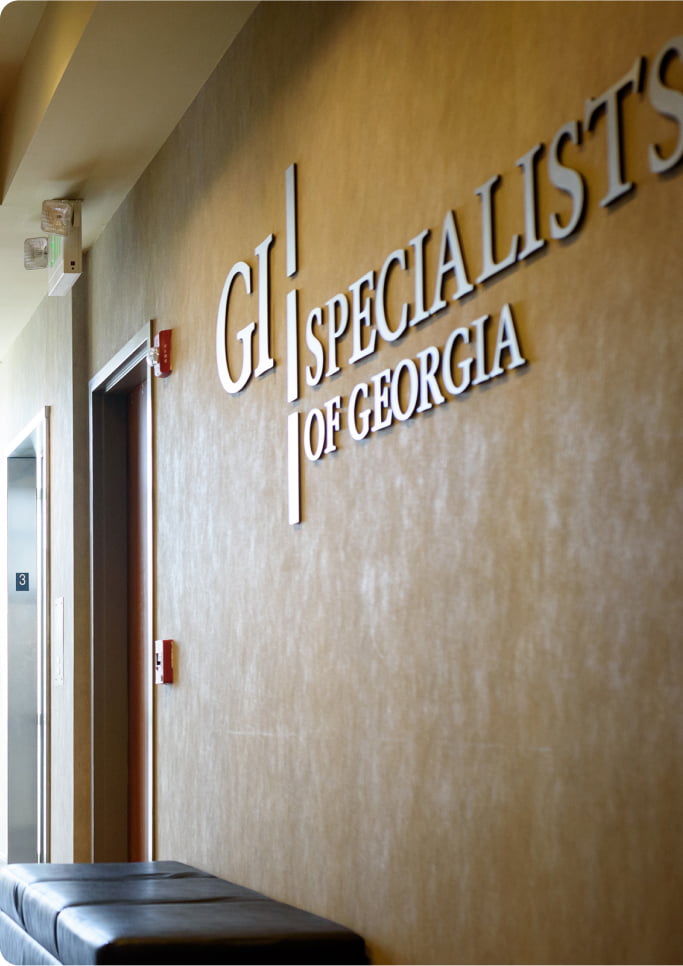Understanding Symptoms, Causes, and Treatments for Polyps

What Causes Colon Polyps?
All of the cells in your body routinely grow and divide to produce new cells. Sometimes, a genetic mutation can trigger the cells to divide in an uncontrollable manner, producing far more cells than are needed. If this happens in the large intestine or rectum, a polyp can be produced. Certain factors increase the risk of developing colon polyps and colorectal cancer. These include:
- Being age 45 or older
- Having a family history of polyps or cancer
- Using alcohol and/or tobacco
- Having inflammatory intestinal conditions, including Crohn’s and ulcerative colitis
- Obesity
- Not exercising
- Eating a diet high in fat
Some of these risk factors are uncontrollable, like your age and family history. However, making healthy lifestyle choices can help manage other risk factors.

Identifying the Symptoms of Polyps
Colon polyp symptoms aren’t always noticeable. Since it’s entirely possible to develop polyps without realizing it, it’s important to have routine screenings even if you think your colon health is fine. When symptoms do develop, they can include the following:
- Bloody stool
- Rectal bleeding
- Unusual fatigue
- Persistent diarrhea or constipation
- Unexplained weight loss
Rarely, some people may also experience abdominal pain.
Diagnosing the Types of Colon Polyps
There are different types of colon polyps. One way to categorize them is by determining whether they are neoplastic or non-neoplastic. Non-neoplastic polyps are unlikely to become cancerous, whereas neoplastic polyps can potentially become cancerous.
Our GI specialists can diagnose any type of colon polyp using any of the following:
- Stool-based tests
- Flexible sigmoidoscopy
- Colonoscopy
The most reliable diagnostic method is colonoscopy.
Importance of Colonoscopies in Atlanta

Your Colon Polyp Treatment Options
Get World-class Care in Atlanta, Georgia
Schedule an Appointment with Our Atlanta-Area Gastroenterologists
"*" indicates required fields

